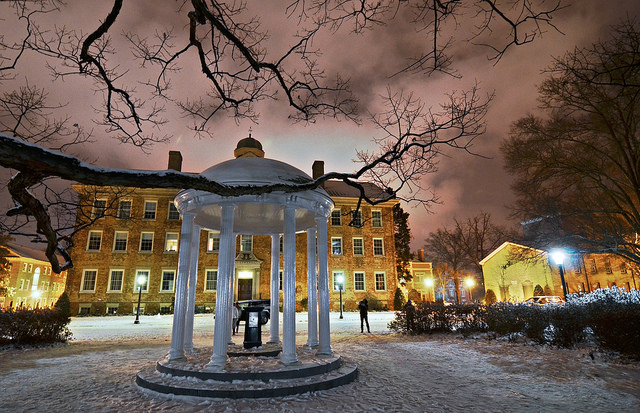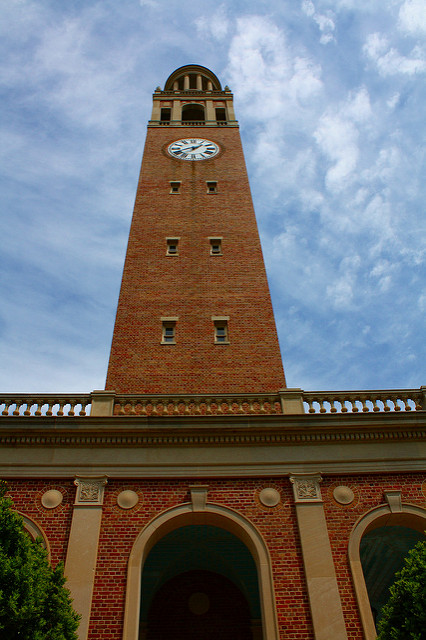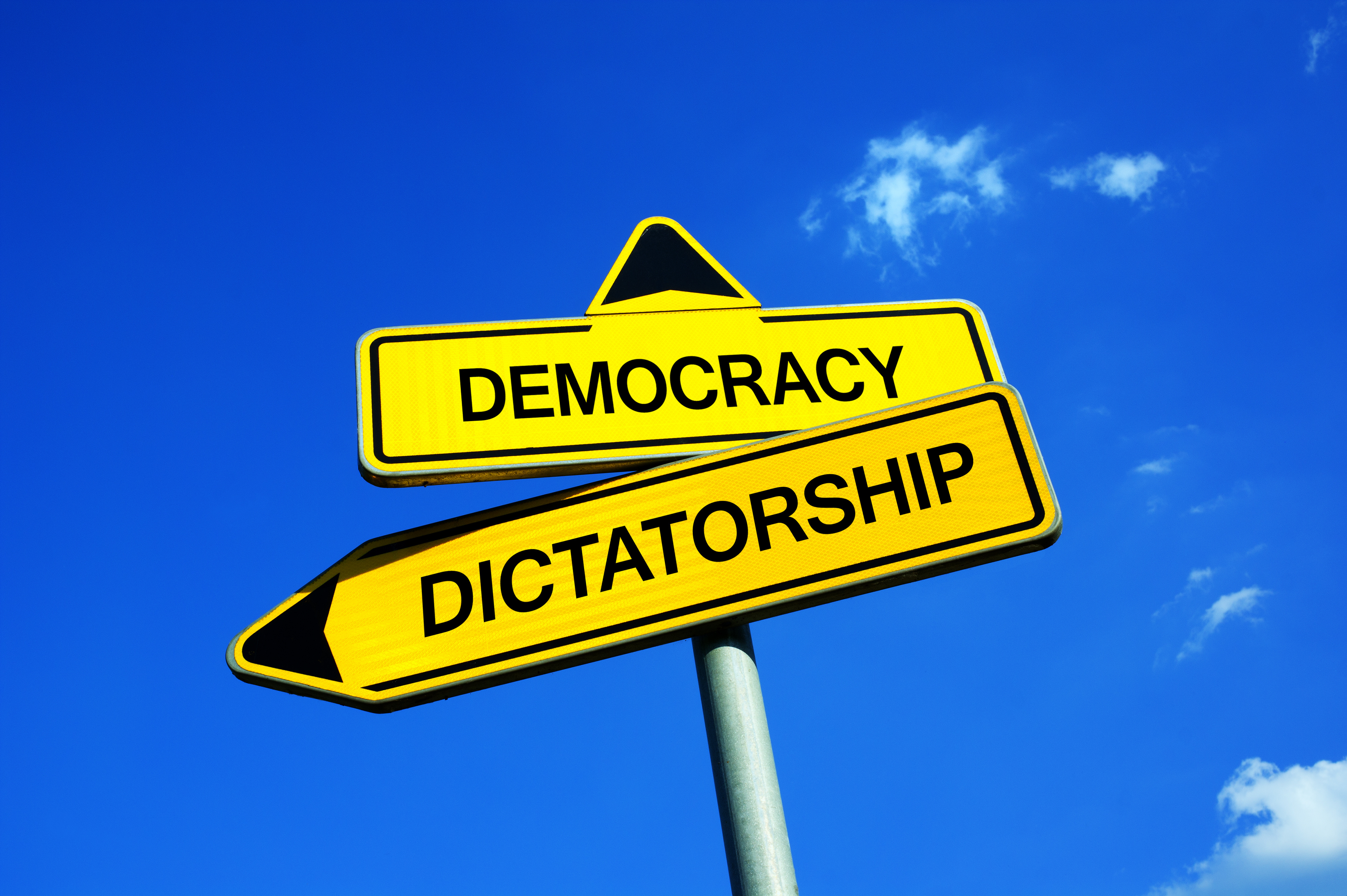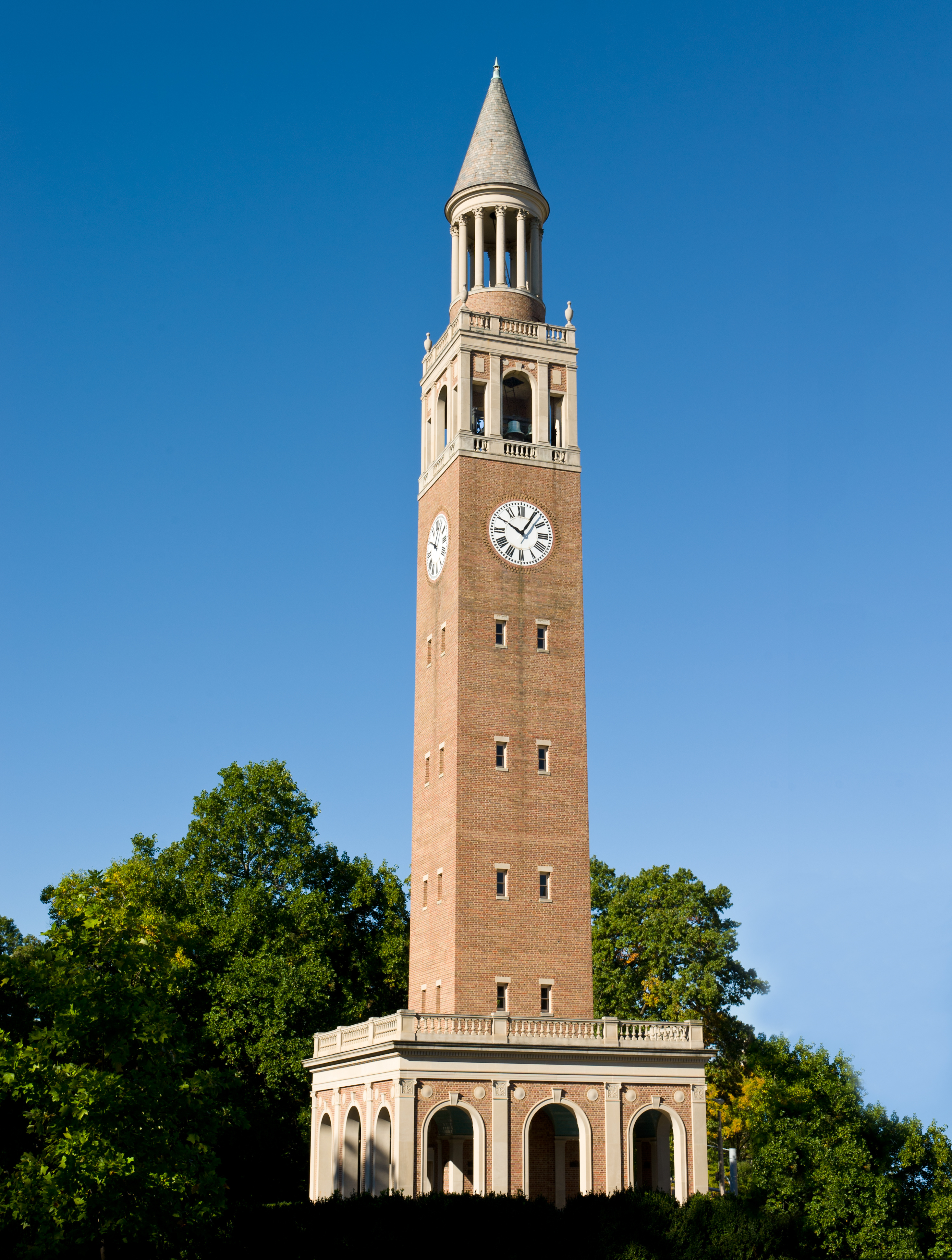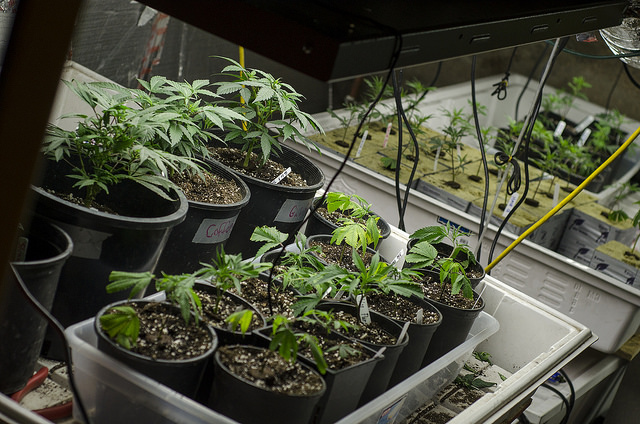
While looking at the sentencing of former Secret Service agent Shaun W. Bridges I learned a few more details of what he was up to while looting hundreds of thousands of dollars worth of bitcoins. His sentencing is one of the loose ends on my posts about the Silk Road dark web site where you could buy any drugs, body parts, contract hits, weapons, explosives, or fake identification that your heart desired.
Some tidbits from a few articles on his antics:
12/7/15 – SFGate – Ex-Secret Service agent gets prison in S.F.-based Silk Road case – Good summary of first case. Sentenced 12/5/15 to 71 months, which is one month less than 6 years. Carl Force was sentenced on 10/19/15 to 6 1/2 years.
2/3/16 – Motherboard – Great Moments in Shaun Bridges, a Corrupt Silk Road Investigator – Article was written shortly after his re-arrest.
This guy had quite a career. Seriously. He was a successful hostage negotiator before joining Secret Service. He was on the Obama presidential protection detail and was a cyber currency expert while at the USSS.


